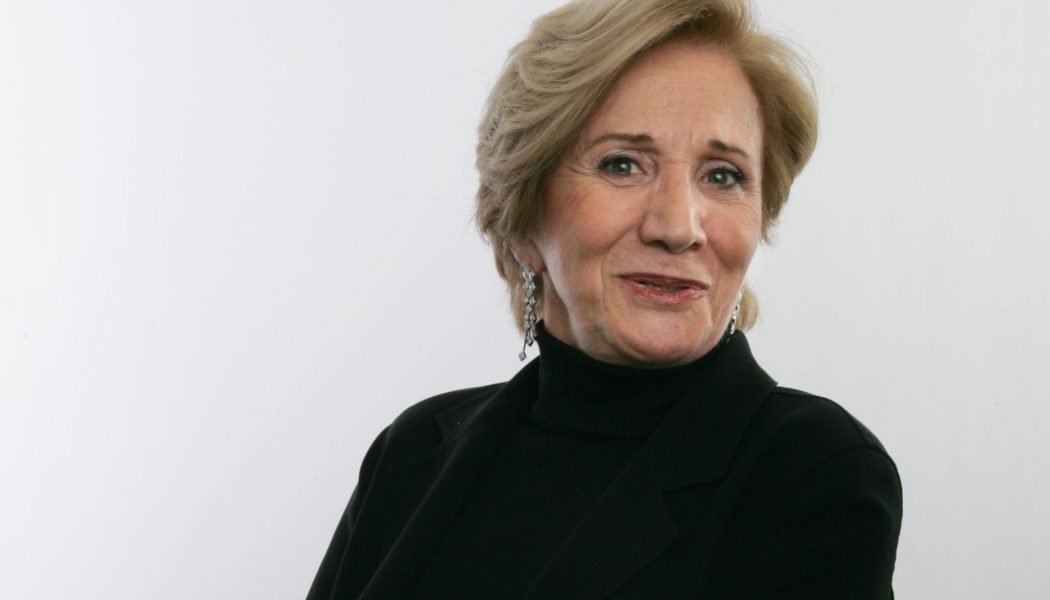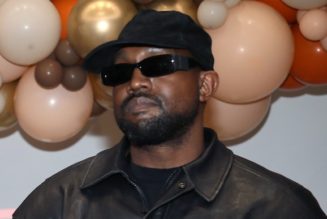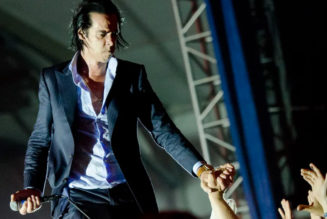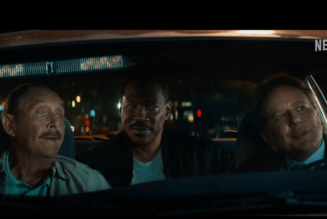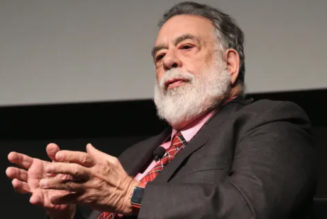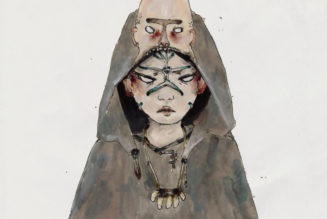
Away from the big screen, Dukakis taught drama at NYU for more than 15 years and was a founding member of two regional theaters: The Charles Playhouse in Boston and the Whole Theater in Montclair, New Jersey.
Her husband of 55 years, stage and character actor Louis Zorich (Paul Reiser’s father on Mad About You), died in January 2018 at age 93.
She was a first cousin of former Massachusetts governor and 1988 U.S. presidential candidate Michael Dukakis.
After years toiling on the stage, Dukakis, then in her mid-fifties, turned heads as the nagging Sicilian wife and mother Rose Castorini in Norman Jewison’s Moonstruck (1987). She also won a Golden Globe and top honors from the Los Angeles Film Critics Association and the National Board of Review for her career-defining performance.
“My daughter was going to college on credit cards when Moonstruck hit,” she said in the 2013 documentary Olympia Dukakis: Undefined. “I didn’t know about acting, I didn’t know about anything.”
Cher paid tribute to her movie mom on Twitter:
Dukakis made something of a career playing irritating moms, doing just that opposite Kirstie Alley in the three Look Who’s Talking films released in 1989, ’90 and ’93 and then taking Ted Danson to task in Dad (1989).
“The fun part is that people pass me on the street and yell lines from my movies,” she said in a 1991 interview with the Los Angeles Times. “For Moonstruck, they say, ‘Your life is going down the toilet!’ Or from Dad, they say, ‘How much are those pork chops?’ They say, ‘Do you know who you are?’ It’s real funny.”
In 1986-87, Dukakis starred on Broadway as a Jewish octogenarian (and Marlo Thomas’ mother) in Mike Nichols’ long-running comedy Social Security. (Jewison saw her on stage in that and then hired her for Moonstruck.)
She also appeared on the big stage in The Aspen Papers, Abraham Cochrane, Who’s Who in Hell and in the one-woman show Rose, about a Holocaust survivor.
She revered the great classical roles of the theater, reflected in off-Broadway credits like Electra, Titus Andronicus and Peer Gynt (the last one came opposite Stacy Keach with the New York Shakespeare Festival in Central Park).
Dukakis also won Obie Awards for her work in Bertolt Brecht’s A Man’s a Man and Christopher Durang’s The Marriage of Bette and Boo and starred in The Memorandum and Sam Shepard’s Curse of the Starving Class.
Her final New York stage role was as Flora Goforth, the wealthy widow who spends her dying days at her Italian seaside villa with a seductive young man of mystery in Roundabout Theatre Company’s 2011 revival of Tennessee Williams’ rarely produced play The Milk Train Doesn’t Stop Here Anymore.
A three-time Emmy nominee, Dukakis played the transgender landlady Anna Madrigal on Armistead Maupin’s four Tales of the City miniseries/series (the most recent one premiered in June 2019 on Netflix).
In a 2015 interview with The A.V. Club, she said she asked to speak with “a human being who’s gone through this” when she arrived to play the character the first time.
“They found someone,” Dukakis recalled. “She came, and when she opened the door, she was, like, 6-foot-2, with hands that could wrap around a football, but a soft voice. Lovely breasts. She walks into the room, she sits down, and … she was a sex therapist, and she evidently helps people with these transitions. And I asked her, ‘What was it that you wanted so much that made it possible for you to go through this incredible journey?’
“And this is what she said to me: ‘All my life, I yearned for the friendship of women.’ And I started to cry. I couldn’t help it. I don’t know what I expected her to say, but not that. And that I knew. And I totally understood. To have your voice silenced, to not be able to be able to speak and be who you are … Who doesn’t know about that? So that’s how I was able to play Anna Madrigal.”
Olympia Dukakis was born June 20, 1931, in Lowell, Massachusetts. Her father, a Greek immigrant, launched a drama club to stage the classic Greek plays. After graduating from Boston University, where she was a New England fencing champion — she also was pretty good at basketball, tennis, pingpong and riflery — she worked as a physical therapist to earn money to get her masters in theater arts.
After attaining her degree, Dukakis came to New York in 1958 and taught drama at NYU while pursuing parts. In summer stock, she panicked during her first onstage performance, unable to speak for an entire act.
Her first TV performances came in 1962 on episodes of The Nurses and Dr. Kildare. In Peter Yates’ John and Mary (1969), she portrayed Dustin Hoffman’s mom, and she was a mother again, this time Joseph Bologna’s, in Made for Each Other (1971).
Her body of film work also includes Jules Dassin’s The Rehearsal (1974), Death Wish (1974), Rich Kids (1979), The Wanderers (1979), The Idolmaker (1980), The Cemetery Club (1993), Naked Gun 33 1/3: The Final Insult (1994) — in a cameo as herself at a chaotic Academy Awards telecast — Mighty Aphrodite (1995), 3 Needles (2005), Whiskey School (2005), Jesus, Mary and Joey (2005), In the Land of Women (2007), Cloudburst (2011) and The Infiltrator (2016).
Dukakis was a regular on the daytime drama Search for Tomorrow in the 1980s — taking the job to make ends meet when her husband was injured in a car accident and sidelined for many months — and had guest-starring stints on many TV series, including The Equalizer and Bored to Death, on which she had a torrid affair with Zach Galifianakis.
She met Zorich, a Chicago native, during an audition for an off-Broadway play. Neither got the part, but they did get each other. He gave her a 98-cent wedding ring that he purchased at Woolworth’s, and they got married at City Hall.
“I remember her eyes, she was very sexy, and I said, ‘Oh, my God, this woman …,” Zorich said in the Undefined documentary. “And she wasn’t a shrinking violet; she never was.”
Survivors include their children, Christina, Peter and Stefan.
This article originally appeared on The Hollywood Reporter.
